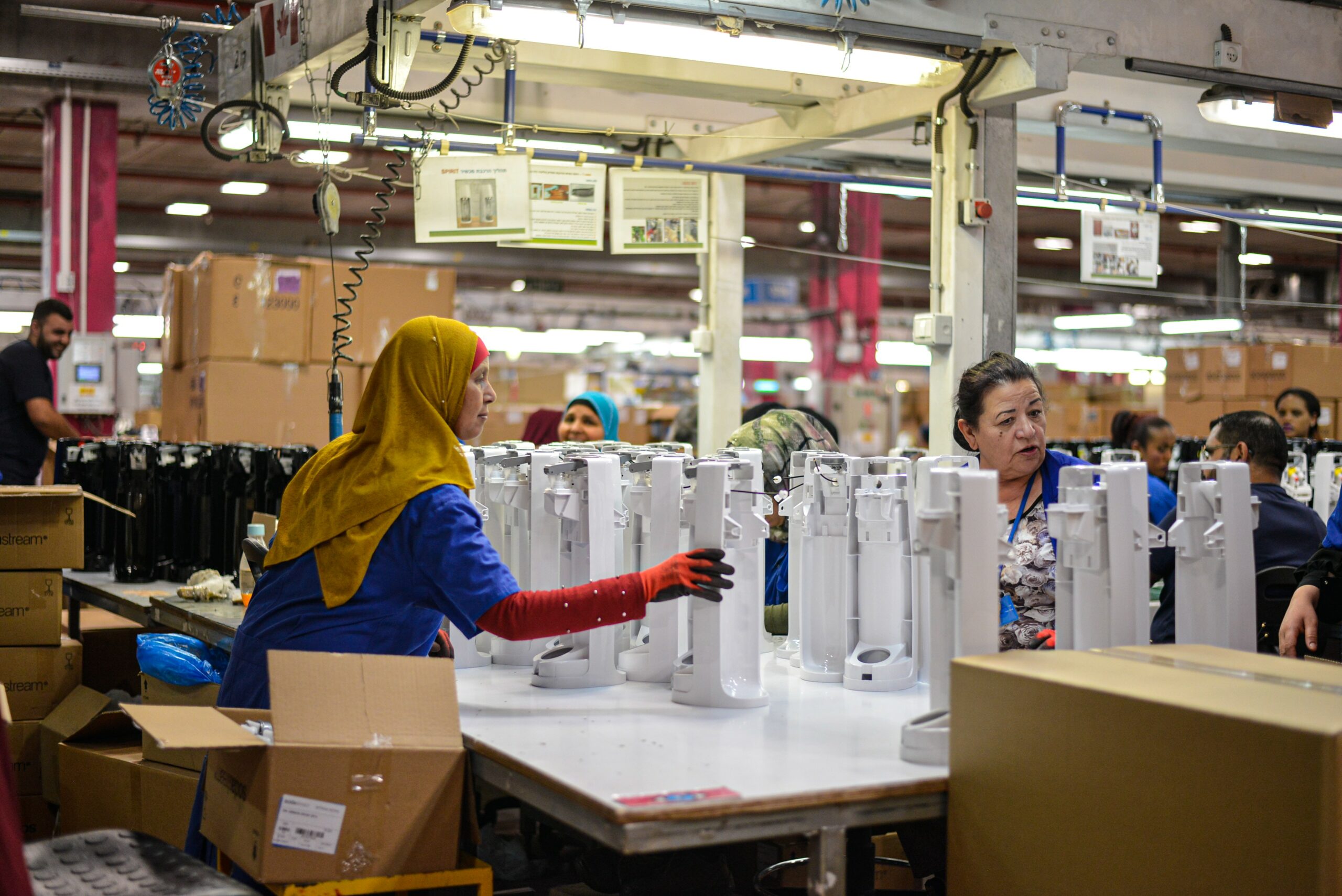In today’s market, labels play an important role in ensuring the safety and quality of products during shipping and storage. This is especially true for products exposed to harsh environments, such as chemicals, outdoor equipment, and pharmaceuticals. To address these concerns, businesses need durable labels that can withstand harsh conditions. In this blog post, we will explore the benefits of synthetic labels, such as polypropylene and BOPP, and how they can be a game-changer for businesses looking to ensure their products are properly labeled and compliant.
Understanding Synthetic Labels
Synthetic labels are a type of label that offers more durability and resistance to environmental factors than traditional paper labels. They are made of materials such as polypropylene and BOPP, which are synthetic polymers that provide added strength and durability compared to paper labels. These labels are ideal for products exposed to harsh environments during shipping and storage.
Synthetic labels are specifically designed to withstand exposure to extreme temperatures, moisture, chemicals, and abrasion. They are a popular choice for products that will be shipped or stored in harsh conditions or outdoor environments. Synthetic labels are commonly used in industries such as chemical manufacturing, pharmaceuticals, food and beverage, and industrial equipment.
Polypropylene and BOPP are two of the most common materials used for synthetic labels. Polypropylene labels offer excellent water resistance and durability, making them ideal for products that may come into contact with moisture. BOPP labels, on the other hand, are known for their resistance to oils and chemicals, making them a great choice for products that require additional protection.
In addition to their durability, synthetic labels can also be printed using color label printers, allowing for high-quality and detailed label designs. The use of a color label printer ensures that labels are printed with precision and accuracy, creating a professional-looking label that can make your product stand out on the shelf.
Overall, synthetic labels offer a wide range of benefits over traditional paper labels, making them an ideal choice for products exposed to harsh environments. The added durability and resistance to environmental factors can help ensure that your product remains easily identifiable and compliant with safety regulations.
Benefits of Synthetic Labels
Synthetic labels offer a range of benefits, including resistance to water, chemicals, and abrasion. They can also withstand exposure to harsh weather conditions, such as extreme temperatures and direct sunlight. These labels are ideal for industries that require compliance with safety and hazardous material regulations.
Synthetic labels offer a multitude of benefits compared to traditional paper labels. One of the main advantages is their resistance to water, chemicals, and abrasion. These labels can withstand exposure to liquids and chemicals, making them ideal for products that may be shipped or stored in harsh environments. Synthetic labels are also resistant to abrasion, making them ideal for products that may experience friction or rubbing during handling or transportation.
Additionally, synthetic labels can withstand extreme weather conditions, such as high or low temperatures, and direct sunlight. This makes them ideal for outdoor products that need to remain legible and intact despite being exposed to the elements.
Furthermore, synthetic labels are particularly beneficial for industries that require compliance with safety and hazardous material regulations. The durability and strength of synthetic labels ensure that the labels remain legible and intact throughout the product’s lifespan, providing important information such as safety warnings and hazardous material warnings.
Overall, synthetic labels offer a multitude of benefits that make them a popular choice for products exposed to harsh environments. Their durability, resistance to environmental factors, and ability to meet regulatory requirements make them a reliable and effective labeling solution.
Applications of Synthetic Labels
Industries such as industrial chemicals, pharmaceuticals, and outdoor equipment require labels that can withstand harsh environments. Synthetic labels are an excellent choice for these industries, as they offer added protection and durability. They can help businesses meet compliance requirements for safety and hazardous materials, ensuring the safety and quality of their products.
Additionally, synthetic labels are also widely used in the food and beverage industry, where labels are exposed to moisture, temperature changes, and potential exposure to chemicals. Synthetic labels can also be used for products that require long-term storage, such as medical and laboratory equipment. Their durability and resistance to environmental factors make them ideal for products that are transported over long distances or exposed to outdoor elements. Overall, synthetic labels provide a versatile solution for a wide range of industries and products that require durable labeling.
Polypropylene Labels
Polypropylene labels are a type of synthetic label that offers resistance to water and moisture. They are an excellent choice for products that require water-resistant labeling, such as outdoor equipment, beverages, and pharmaceuticals. Polypropylene labels can also be printable using color label printers, which offers businesses more design options.
In addition, polypropylene labels are known for their tear-resistant properties and can withstand abrasion and other physical stresses. This makes them ideal for labeling products that are frequently handled, shipped, or stored in harsh environments. The printable surface of polypropylene labels also allows for high-quality and vibrant label designs that can help products stand out on crowded shelves. Additionally, they can have a glossy or matte finish, providing additional options for branding and product packaging. Overall, polypropylene labels are a versatile and durable choice for a variety of industries and products.
Choosing the Right Synthetic Label for Your Product
When choosing the right synthetic label for your product, there are several factors to consider, such as the environment it will be exposed to and the desired label finish. Synthetic labels come in a variety of finishes, including glossy, matte, and satin. The label design can also impact the durability of synthetic labels.
Synthetic labels such as polypropylene and BOPP offer businesses a durable and reliable labeling option for products exposed to harsh environments. These labels can withstand water, chemicals, and abrasion, ensuring that important product information remains legible and compliant with regulations. By understanding the benefits and applications of synthetic labels, businesses can make informed decisions when choosing the right label for their products.


